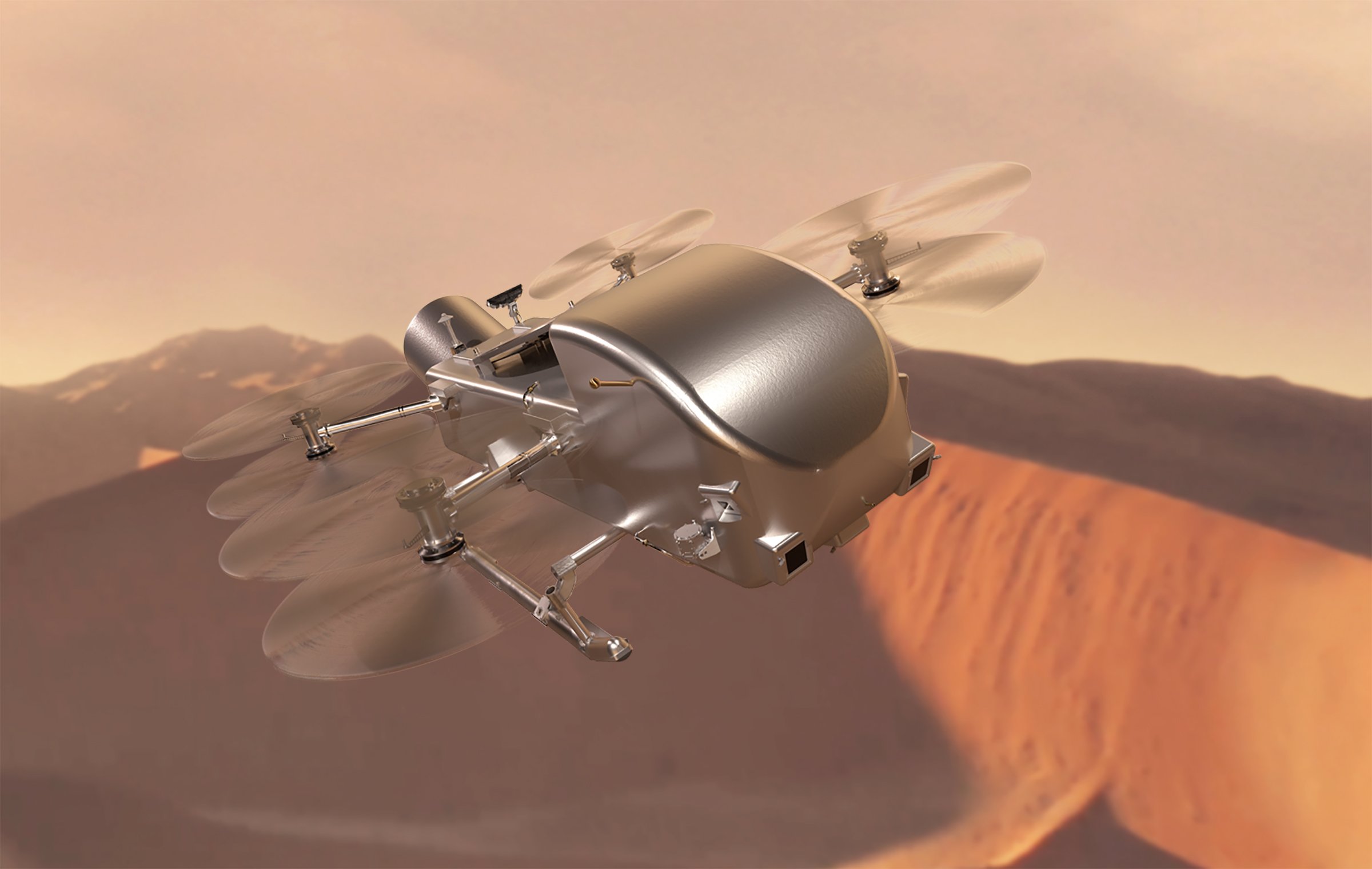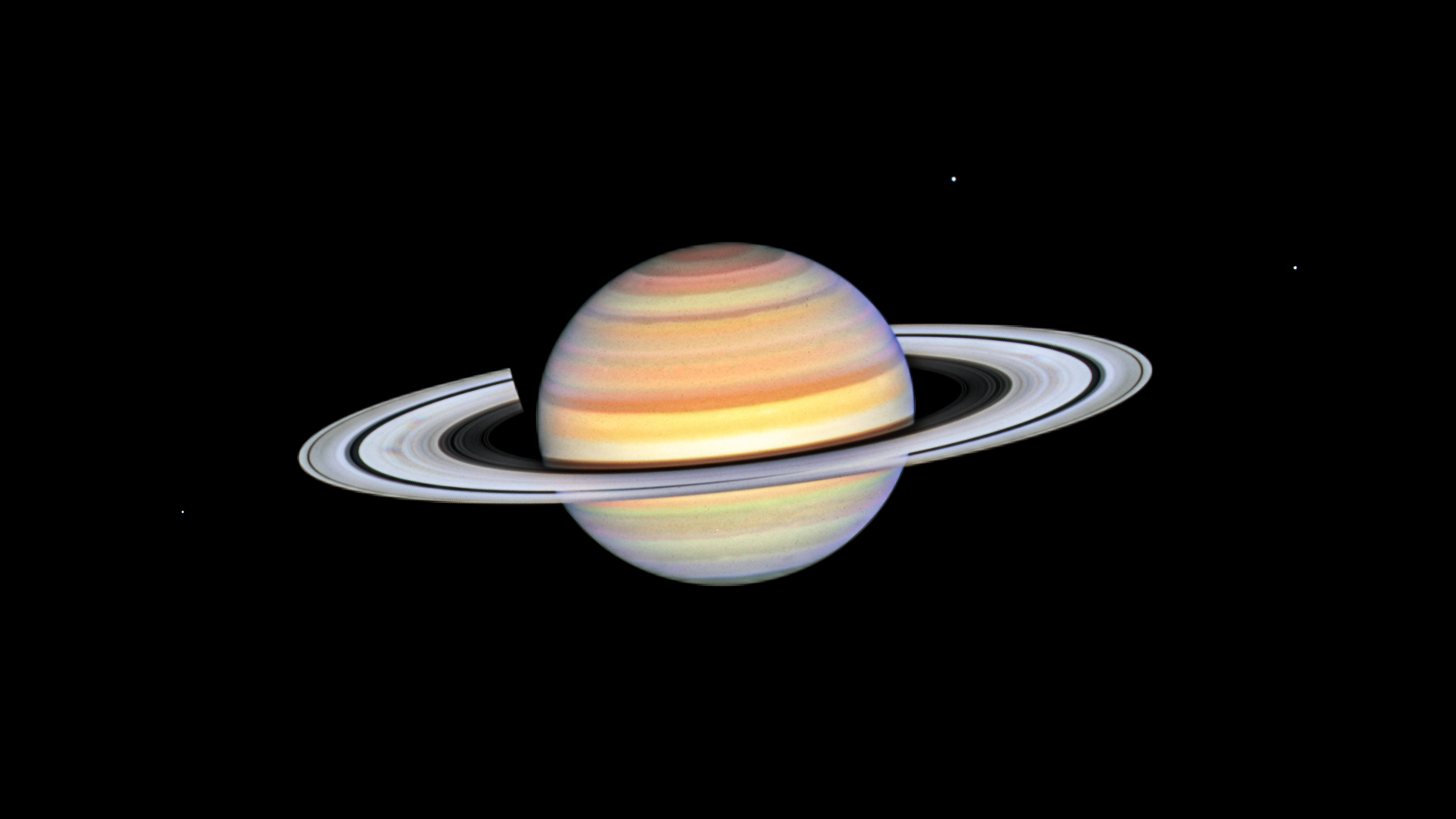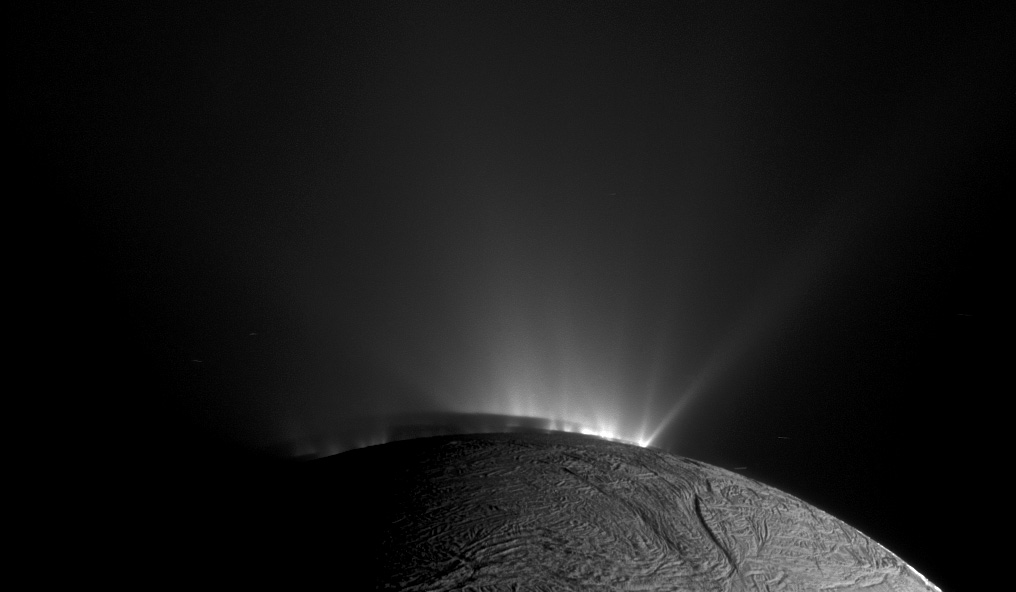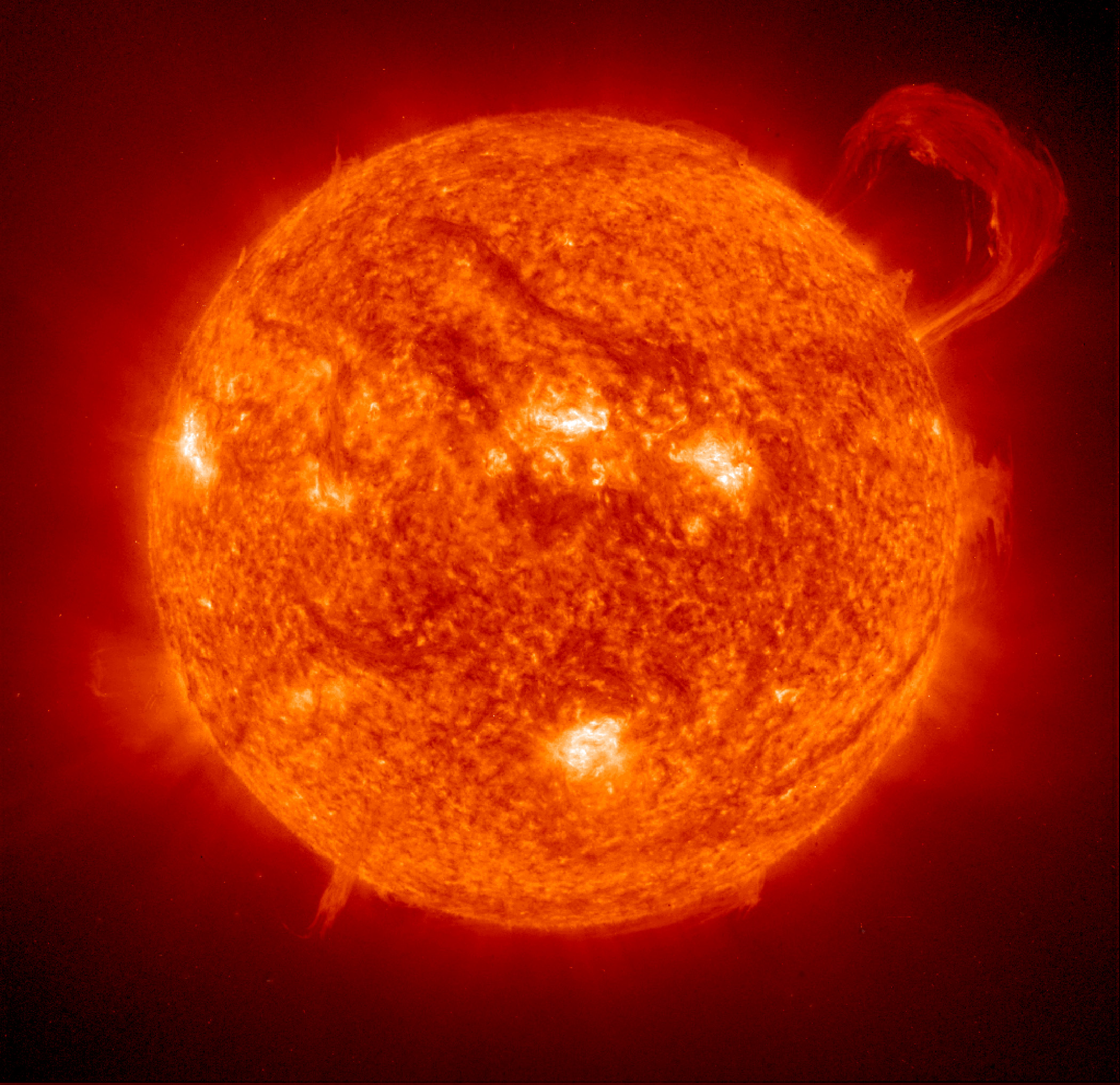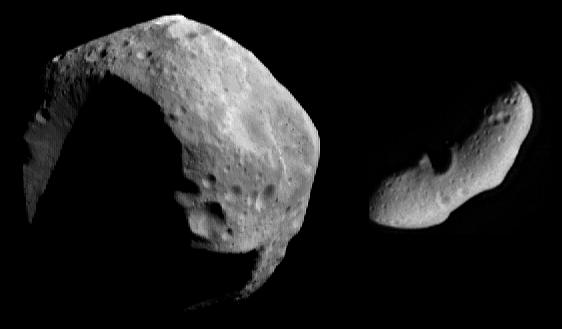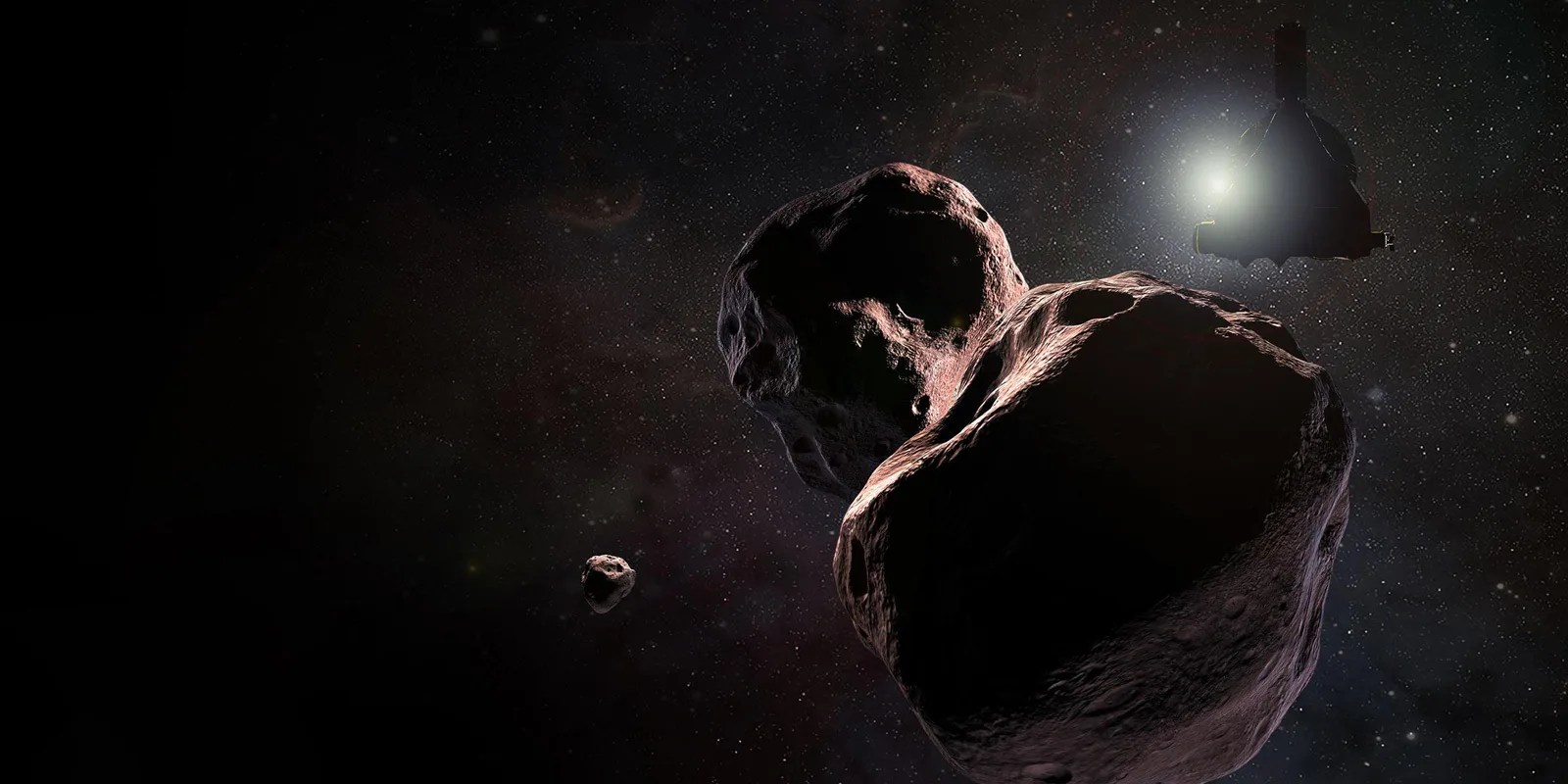4 min read
Cassini Significant Event Report
For Week Ending 05/16/03
The Cassini Spacecraft executed a system safing response Sunday evening at about 21:30 PDT. The safing
response was initiated by the attitude control system, and was due to a call to an invalid pointing vector in the
C37 background sequence. All spacecraft fault protection responses including the high gain antenna recovery
algorithm were as expected and the spacecraft is currently in its nominal safing state communicating at a
downlink rate of 1896 bps. All subsystem telemetry is nominal. Information on the spacecraft's position and speed can be viewed on the "Present Position" web page.
The C37 background sequence was automatically cancelled as part of the safing response. The period of the
sequence affected contained a series of instrument calibrations performed on reaction wheels, star observations,
and imaging of Saturn. The instruments involved were the Composite InfraRed Spectrometer, Visual and
Infrared Mapping Spectrometer, Ultraviolet Imaging Spectrograph, Imaging Science Subsystem, RADAR, and
the Radio Science Subsystem (RSS). RSS periodic instrument maintenance was recovered by sending
real-time commands to power on/off the necessary hardware.
The spacecraft and sequencing teams have developed a recovery plan for instrument power on, flight software
loads, and Instrument Expanded Block (IEB) loads. The background sequence will be restarted on Saturday.
Prior to safing, activities performed included clearing of the ACS high water marks, uplink of the RADAR IEB
trigger, execution of the VIMS IEB load, Radio and Plasma Wave Science High Frequency Receiver
calibration, and transition to Reaction Wheel Assembly control.
A kick off meeting was held this week for the subsequence generation phase of C38. Stripped sequence files
have been provided to the participating instrument teams.
A wrap up review was held for the S14 Science Operations Plan (SOP) Update Verification and Validation
(V&V) activity. The meeting presented a summary of the entire SOP U/D V&V in preparation for Science and
Sequence Update Process (SSUP) V&V. Due to the conflicts of resources for C37, C38, S07/S08, and the
Project Science Group (PSG) meeting to be held next week, it has been decided to slip the SSUP V&V
kick-off to Tuesday, May 27th.
The Spacecraft Operations Office held a risk review on the upcoming Saturn Orbit Insertion (SOI)
demonstration. The board, which consisted of independent reviewers familiar with the Cassini spacecraft and
software, was chartered with examining the upcoming activity to determine if the program was taking any
untoward risks. The board concluded that the demonstration design achieved an appropriate balance between
risk, and the goals of validating portions of the SOI activity.
A delivery coordination meeting (DCM) was held for Mission Sequence Subsystem (MSS) version D9.0.2.
This patch fixes a problem with how Pointing Design Tool users are able to see the graphics display. MSS
software testing has been revised to catch future occurrences of this type of problem. An additional DCM was
held for a Telemetry, Tracking, Command & Data Management patch "QPF" for real-time telemetry (TLM)
servers to keep Science Operations and Planning Computer TLM queries from timing out.
RSS completed an analysis resulting in a greatly improved program for the X- & Ka-Band Boresight Vector
Determination Software Suite. Modifications include a new graphical user interface, newly created estimates of
the boresight vector error variance, and a new automated ability to remove a newly discovered source of
systematic error.
Outreach gave presentations on Galileo and Cassini to 3rd through 8th grade students at Union Mesa School in
Somis, California. The talks were part of the school's "Space Exploration" day. The one-day series of talks
was attended by 392 students and teachers.
Cassini Outreach is in the midst of their annual invitation to project members to join the Cassini Speakers
Group. Interested project members should contact the Outreach Office.
Additional information about Cassini-Huygens is online at http://saturn.jpl.nasa.gov.
Cassini will begin orbiting Saturn on July 1, 2004, and release its piggybacked Huygens probe about six months later for descent through the thick atmosphere of the moon Titan. Cassini-Huygens is a cooperative mission of NASA, the European Space Agency and the Italian Space Agency. JPL, a division of the California Institute of Technology in Pasadena, manages the mission for NASA's Office of Space Science, Washington, D.C.
Media Relations Office
Jet Propulsion Laboratory
California Institute of
Technology
National Aeronautics and Space
Administration
Pasadena, Calif. 91109.
Telephone (818) 354-5011

